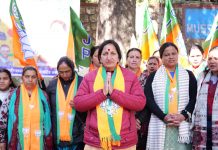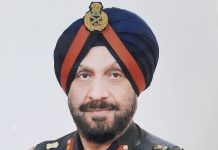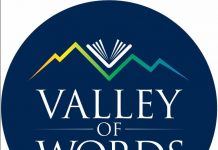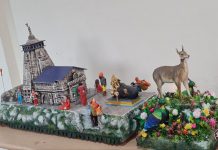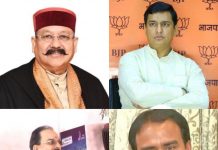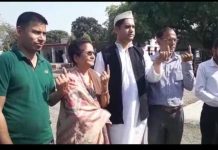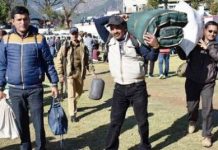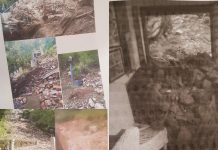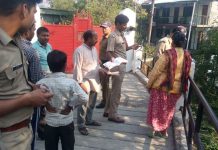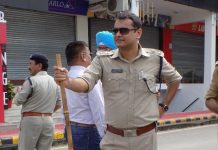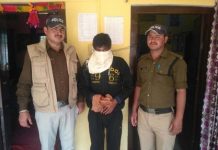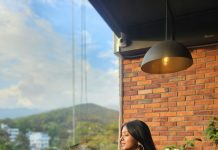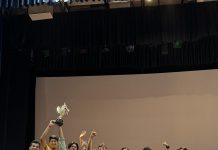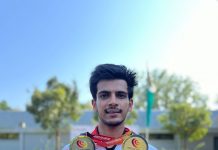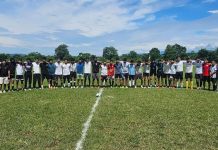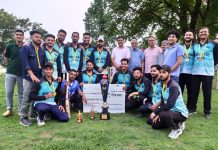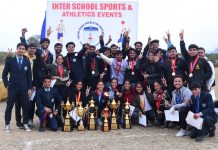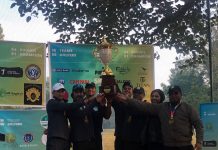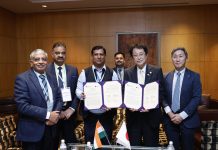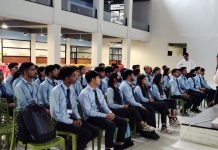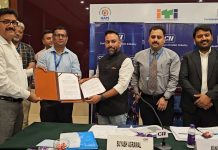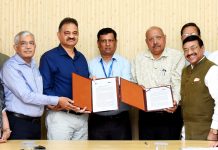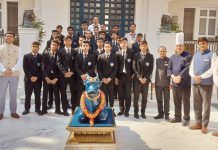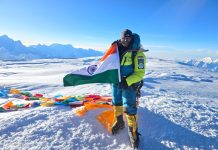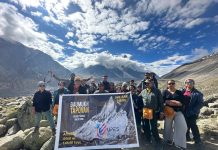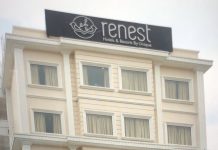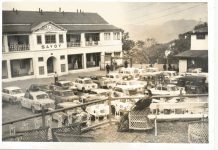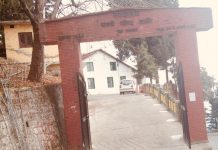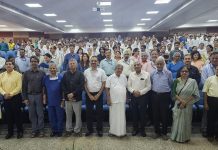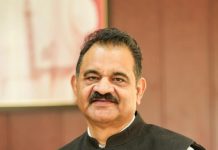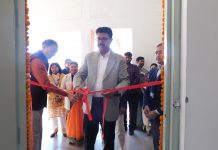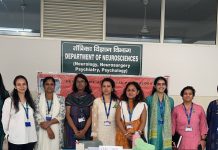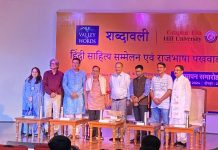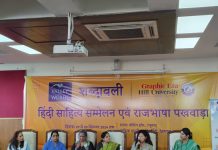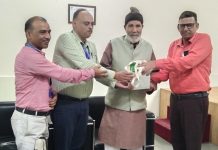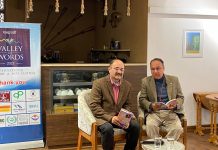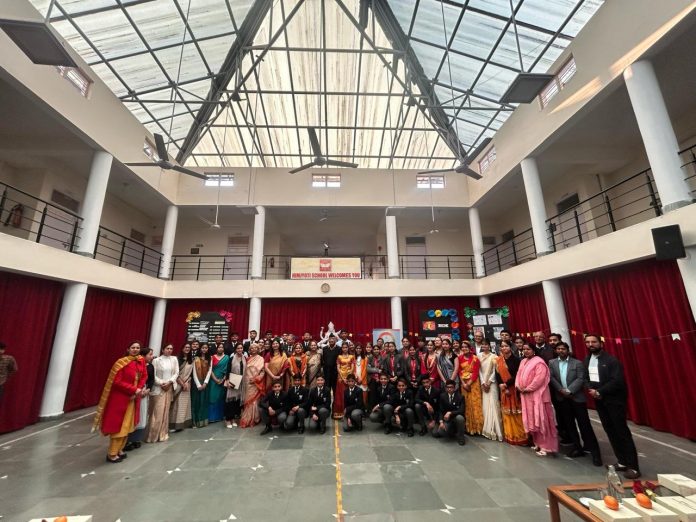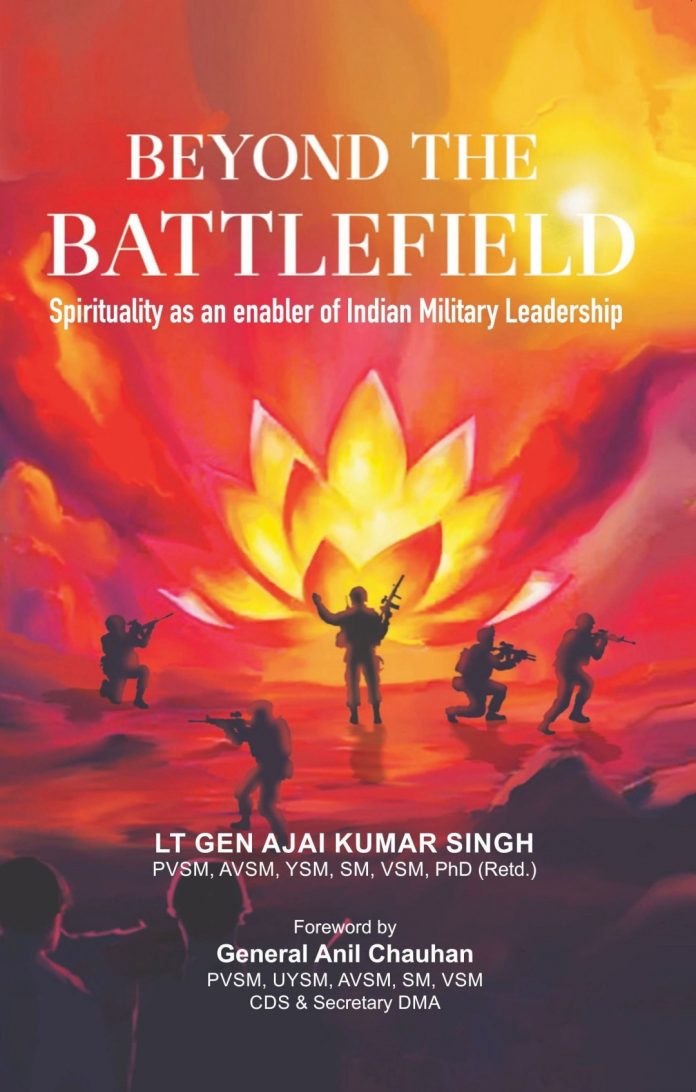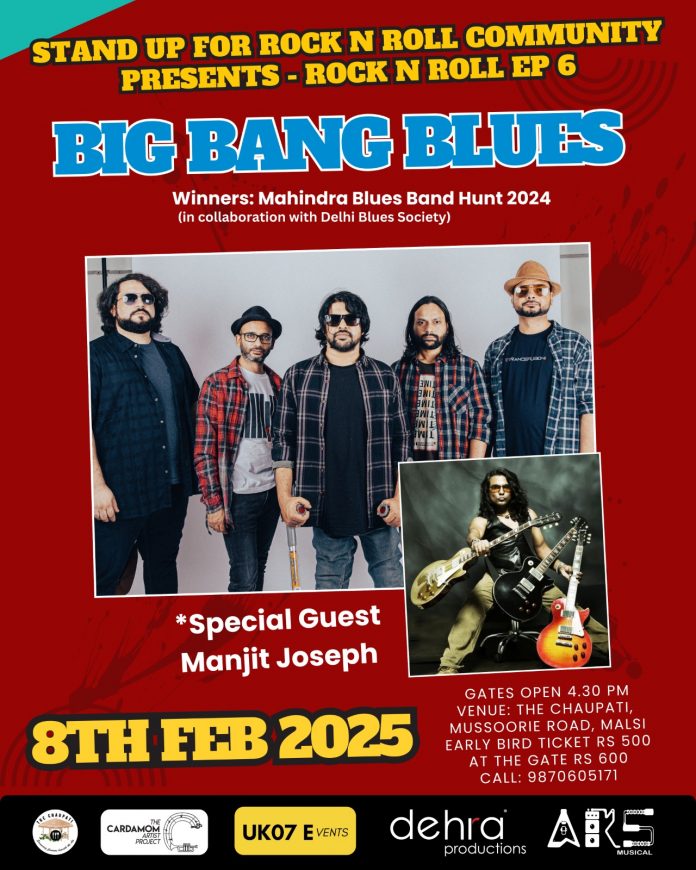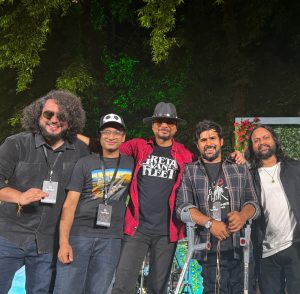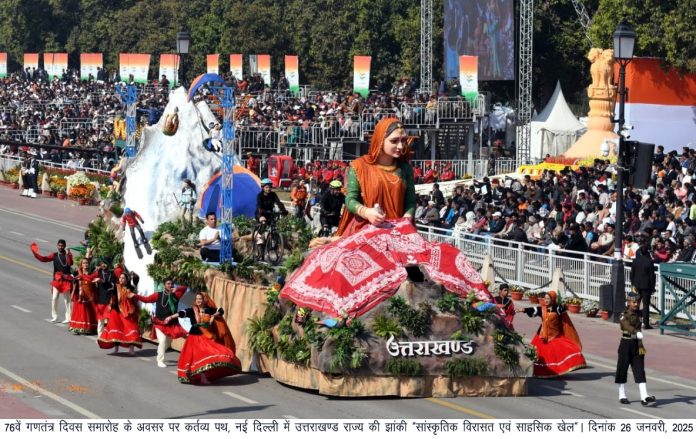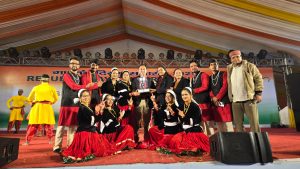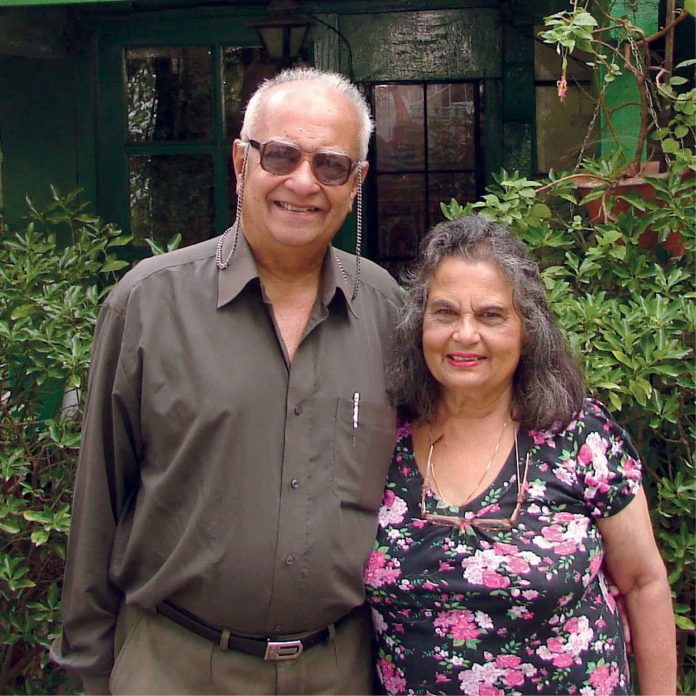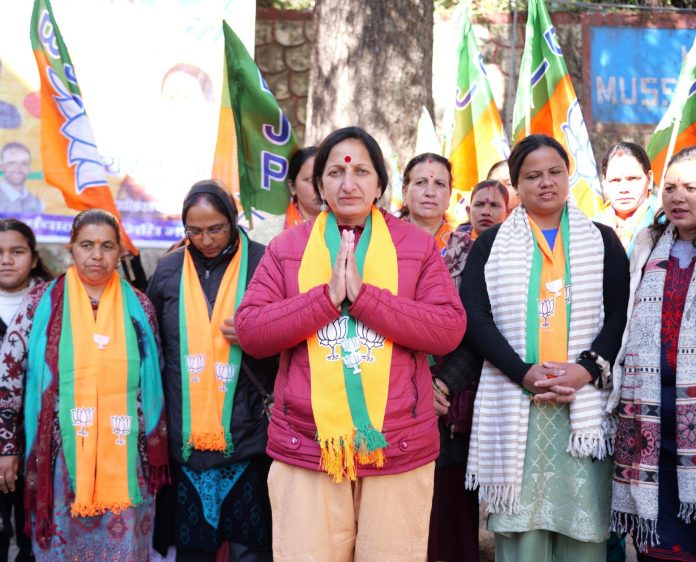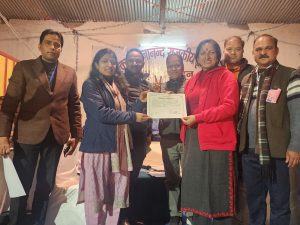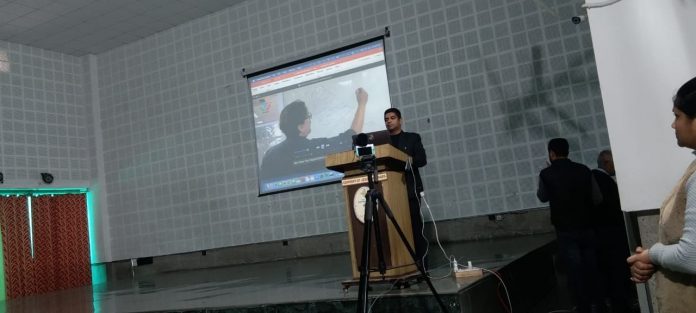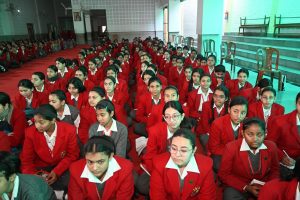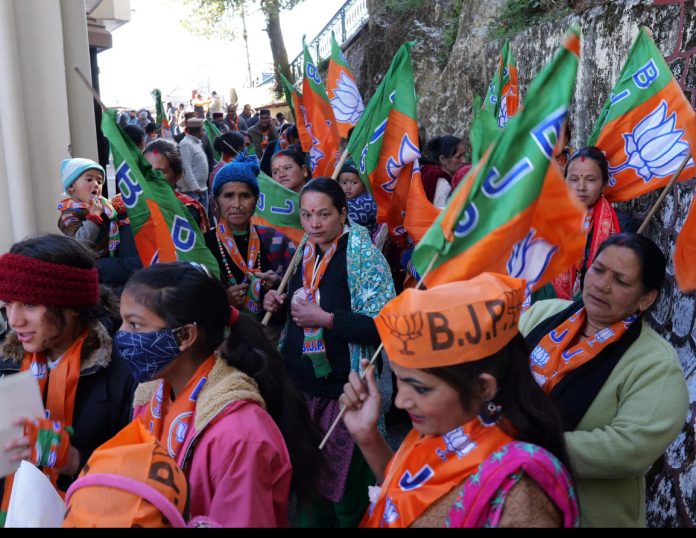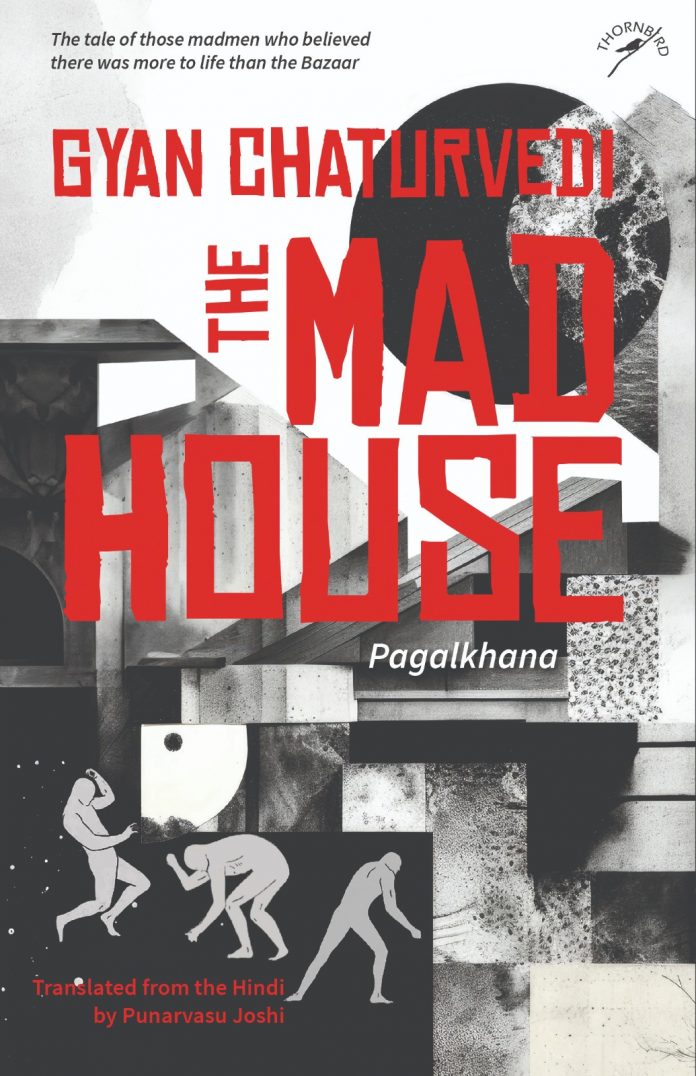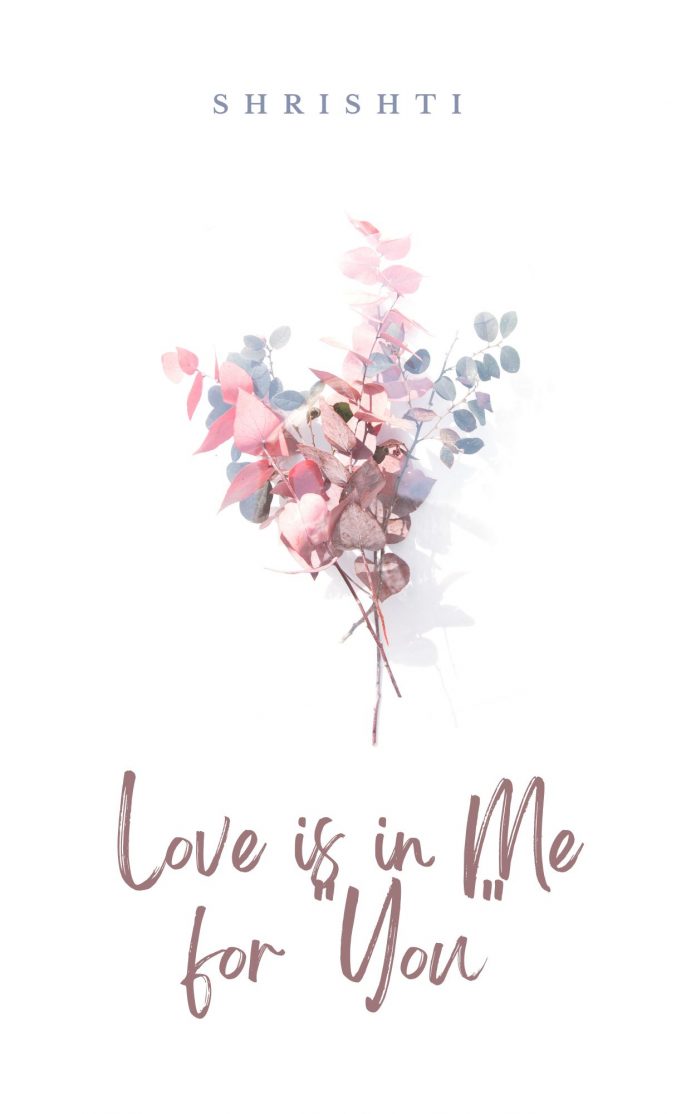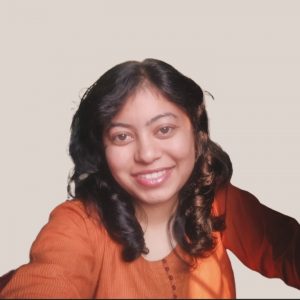Language is the road map of a culture. It tells you where its people come from and where they are going.”
— Rita Mae Brown
Dateline Dehradun: On February 23rd, Valley of Words (VoW), in collaboration with Him Jyoti School, demonstrated its commitment towards nurturing cultural diversity and linguistic preservation amongst young-minds. Recognized by UNESCO in 1999, International Mother Language Day (celebrated globally on 21st February) serves as a reminder of the importance of preserving our native languages.
The 4th edition of this annual event was graced by the presence of Anil Raturi, former Uttarakhand DGP as the Chief Guest and Manohar Singh, DGM Regional Head for Union Bank of India both affirming the importance placed on fostering a passion for learning and expressing in their mother language.
The celebration brought together fifty enthusiastic participants from eight distinguished schools across Dehradun, showcasing an array of languages. Students displayed their linguistic prowess while reciting this year’s theme “Grandmother’s tales in mother language.” Close to thirty languages including Sanskrit, Nyishi, Maithali, Bhojpuri, Garhwali, Kumaoni, Rajasthani, Tamil, Odia, Marathi and many more, reflected the rich tapestry of India’s cultural heritage.
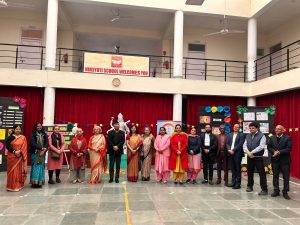
Giving the welcome note, Ruma Malhotra, Principal Him Jyoti School said, “Our mother tongue, the first sounds we hear- even before birth- has a profound influence on our emotions, thoughts, and cognitive development. It is the language of the heart and mind, shaping our understanding of the world in ways that no other language can. To celebrate this richness of linguistic diversity, Him Jyoti School is proud to host this unique oration event, in collaboration with Valley of Words”.
Speaking at the event Dr Sanjeev Chopra, Festival Director of Valley of Words, said, “Today, we celebrate not just the diversity of languages, but the stories, traditions, and histories they carry. Each language here today forms a vital thread in the cultural fabric of our nation, and by preserving these languages, we preserve our shared human heritage.”
The Chief Guest, Anil Raturi, added to the sentiment, emphasizing the importance of linguistic diversity as a cornerstone of democracy and cultural identity. “Languages are the most powerful instruments of preserving and developing our tangible and intangible heritage. All moves to promote the dissemination of mother tongues will serve not only to encourage linguistic diversity and multilingual education but also to develop fuller awareness of linguistic and cultural traditions throughout the world and to inspire solidarity based on understanding, tolerance, and dialogue.”
The event, held at the Him Jyoti School, echoed the successes of previous years, where similar celebrations had been conducted with zest and zeal.
The unique aspect of this year’s event was not just the number of languages spoken, but the depth of engagement and the quality of performances, which included orations, cultural displays, and traditional attires, representing each language’s unique attributes. This platform not only promoted linguistic diversity but also encouraged students to take pride in their linguistic and cultural roots.
The schools participating in this linguistic showcase included Rashtriya Indian Military College, Doon Girls School, St Kabeer Academy, Unison World School, APS Birpur, Oceanic International School, Him Jyoti School and The Oasis each contributing to the harmonious blend of languages and cultural narratives. The collective efforts of these schools were pivotal in the successful execution of the event, supported by their staff and student bodies.

